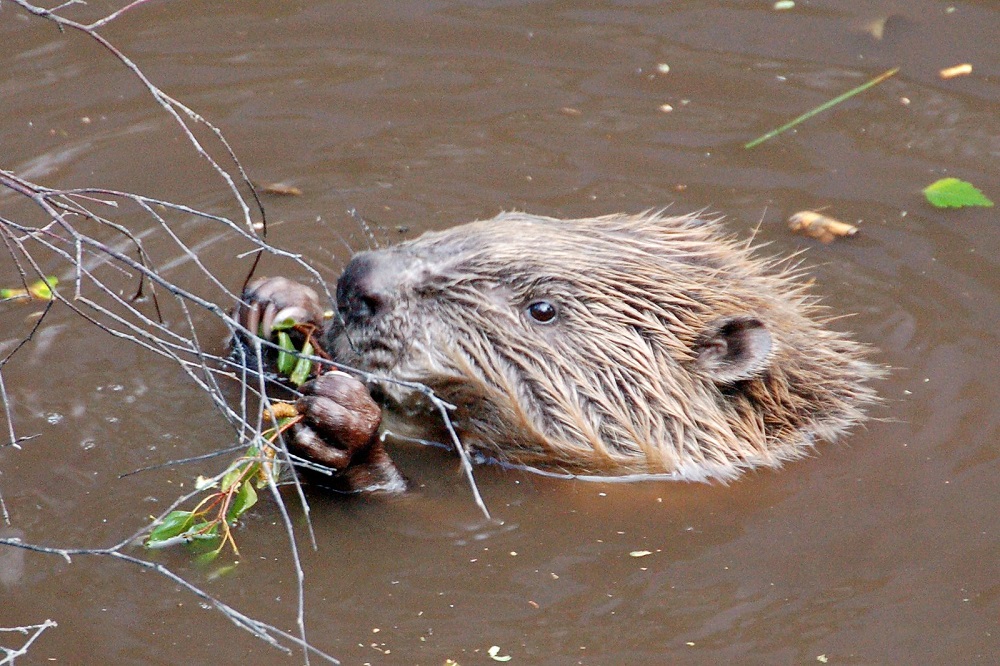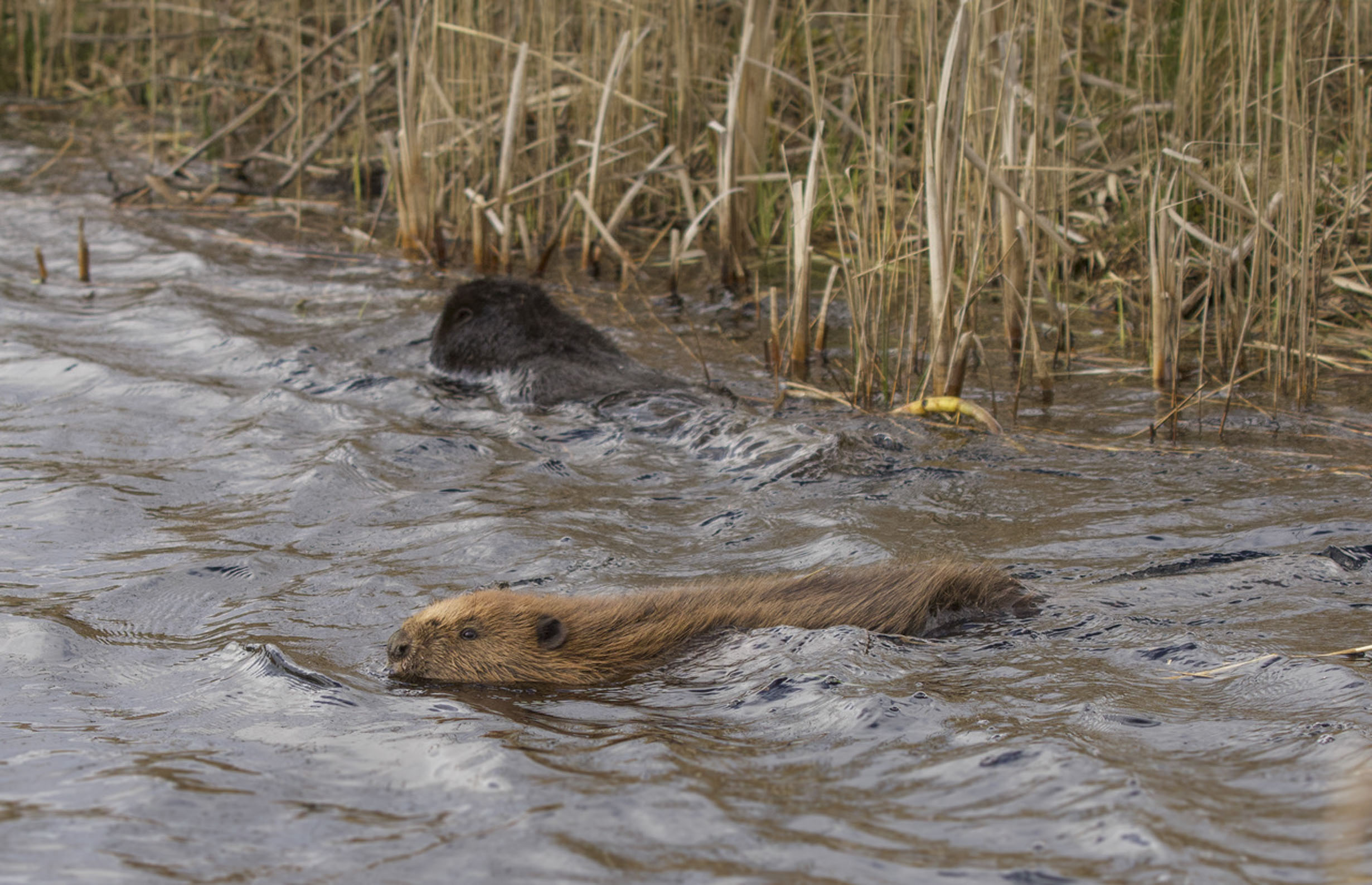Welsh Government considers proposals to reintroduce beavers to Wales

Richard Youle, local democracy reporter
A delayed report which could lead to a managed reintroduction of beavers in Wales is now being examined by ministers.
The Welsh Government said it was considering a “package of proposals” following a review of evidence by environment body Natural Resources Wales (NRW).
Beaver advocates say the mammals improve river water quality and slow the flow of water during periods of heavy rain with the dams they build, and also increase biodiversity.
European beavers were hunted to extinction in Britain 400 to 500 years ago but have made a partial return in Wales at four managed enclosures, or via unlicensed releases and escapes.
They are protected in Scotland and England but not in Wales where they aren’t recognised as a native species.
Feasibility study
In January 2023 the Welsh Government said it had asked NRW to carry out a feasibility study on the reintroduction of beavers and that it looked forward to seeing the evidence in spring of that year. “Beaver reintroduction programmes have proved successful in boosting the health of plants, wildlife and the UK countryside, but we recognise they can have undesirable effects too, especially when they are not managed carefully,” a Welsh Government spokesman said at the time.
Spring came and went, and in September 2023 NRW said it was in the process of finalising its work in conjunction with Welsh Government officials.
This week the Local Democracy Reporting Service asked NRW for an update, and it confirmed that the review has now taken place. An NRW spokeswoman said the intention was to help form a policy framework and agreement on the role of beavers in restoring ecosystems and look at protection measures.
“NRW has reviewed the available evidence on beavers, considering it in the context of the Welsh environment and the Welsh environmental policy and legal framework,” she said. “We have used the existing evidence reviews from England and Scotland to assess how they might apply to Wales and identified any evidence gaps.”
The Welsh Government said it was considering a package of proposals following the review. A spokeswoman said: “This includes exploring the most appropriate options for legally protecting the European beaver, together with policy and management proposals.”
Funding
The Welsh Government has previously provided funding for beaver projects, including beavers in a licensed enclosure at Cors Dyfi, near Machynlleth. Speaking in January 2023, Alicia Leow-Dyke, of the long-running Wildlife Trusts Wales Welsh beaver project, said beavers helped control willow in the Cors Dyfi nature reserve by coppicing it and eating its bark and leaves.
She said the mammals also ate willow, aspen, hazel, and softer vegetation like brambles, aquatic plants, reeds and rushes. “Negative impacts may occur in some areas, so you’ve got to make sure you’ve got management in place to mitigate that,” she said.

Speaking to BBC Radio Wales on August 29, Miss Leow-Dyke said she felt it was time to bring things up to date in Wales and align legislation with Scotland and England’s. She said it was likely that there would be a natural dispersal of beavers from England along border rivers such as the Wye, Severn and Dee and that currently the mammals were protected on one side but not the other.
Flooding risk
The National Farmers’ Union has previously expressed concern about beaver dams posing a flooding risk to agricultural land.
The Wildlife Trusts – a network of conservation groups – has called on the UK Government to put steps in place in to speed up beavers’ return in England. It also wants the Welsh Government to provide them with full legal protection, and wants both governments to pay farmers and land managers to make more space for water on their land.
The UK Government said it supported the reintroduction of species where there were clear benefits for nature, people and the environment. “We will continue to work with Natural England to develop our approach to beaver reintroductions in England,” it said.
Support our Nation today
For the price of a cup of coffee a month you can help us create an independent, not-for-profit, national news service for the people of Wales, by the people of Wales.






Let’s hope they don’t mind swimming in raw sewage and farm waste.
I doubt whether raw human sewage would be a likely issue in the sort of places to which beavers might be introduced, but run-off from agricultural muck-spreading could well be.
A problem with this sort of project is that, in many instances, there’s no clear advantage for farmers in co-operating with such experiments, and there might be possible downsides for them. So unless the farmers potentially affected have a real commitment to ecology and the preservation/restoration of species, their understandable instinct is to play safe and oppose such ideas.